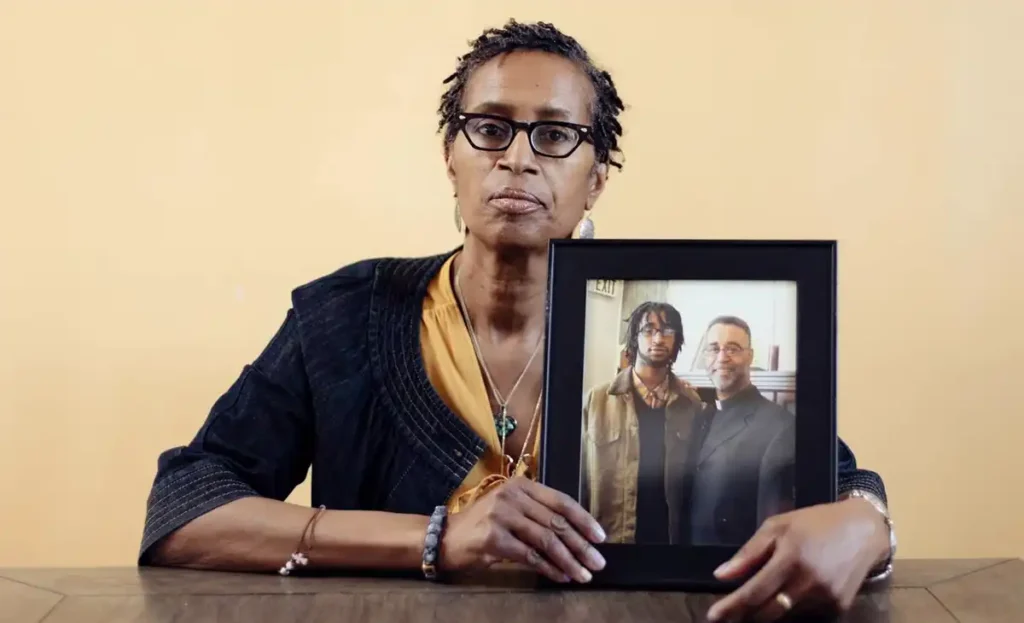Se habla español.
Interpreters available for other languages.
410-706-2781
The ROAR Center is a recognized Center at the University of Maryland, Baltimore

By Dylan Segelbaum, Reprinted by permission from The Baltimore Banner. Photo by Wesley Lapointe for the Baltimore Banner.
Deborah Haskins used to think that homicide happened to other families. Then, in 2013, Haskins’ son, Joseph, 20, whom family members called “JoJo,” was fatally shot during a home invasion in Baltimore. Her nephew, Reuben, 24, was then killed in 2014 in Baltimore County.
When she was at the grocery store, Haskins said, she ran into a mother she knew who’d also lost a child. She let her know that there was a victim compensation fund in Maryland.
No one, she said, previously mentioned that existed. So Haskins said she got a copy of the application and sought compensation for counseling.
But eight months later, Haskins said, she had only received reimbursement for two sets of sessions.
“We just stopped,” said Haskins, a licensed clinical professional counselor and retired counselor-educator. “The last thing that you need is other stressors of bureaucratic processes that are creating demands on you when you’re trying to breathe through criminal injuries.”
Haskins recently testified before the House Judiciary and Senate Judicial Proceedings committees in support of legislation that would overhaul the Criminal Injuries Compensation Board, a body that’s designed to help victims of crime in Maryland. She said she’s been fortunate to have material privilege and wants to assist those who do not have economic means, noting the importance of undergoing counseling and receiving money to relocate if it’s unsafe.
Read the full article from The Baltimore Banner.